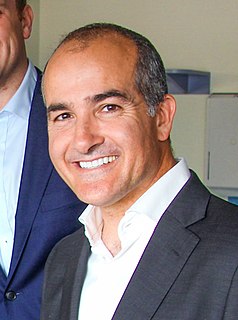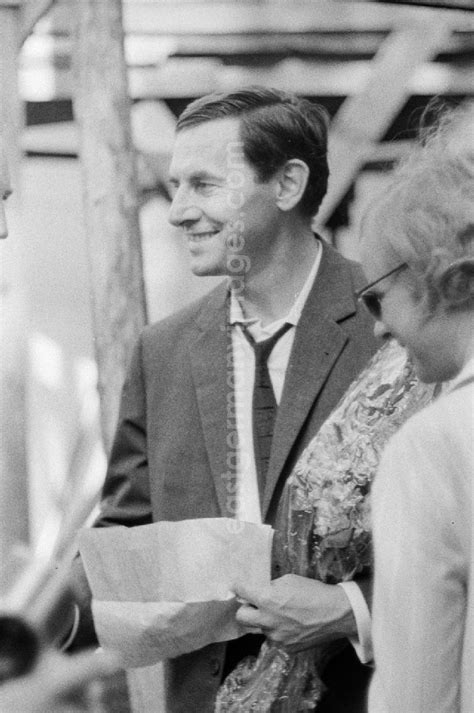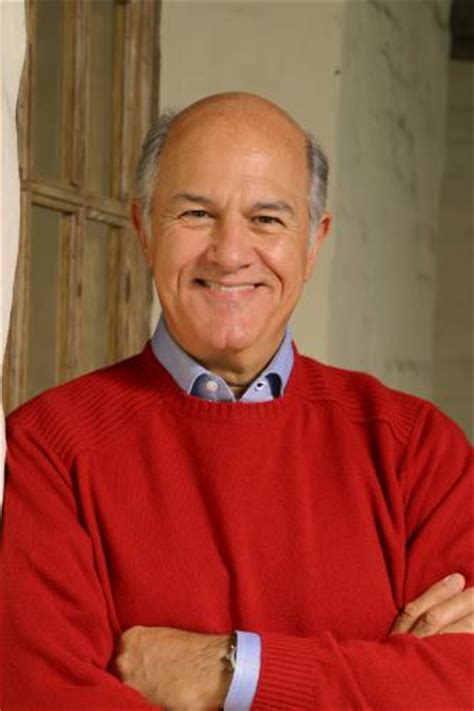A Quote by Frances Hesselbein
Key to the societal significance of tomorrow's leaders is the way they embrace the totality of leadership, not just including 'my organization' but reaching beyond the walls as well.
Related Quotes
Most people think of leaders as being these outgoing, very visible, and charismatic people, which I find to be a very narrow perception. The key challenge for managers today is to get beyond the surface of your colleagues. You might just find that you have introverts embedded within your organization who are natural-born leaders.
I have participated as a leader in many organizations where the leadership culture was just mean - ugly, where competitiveness, and destructive relationships stymied progress. There should be healthy tension and candid debate, but leadership teams need to practice communication, relationship building, emotional intelligence, and be aligned around common purpose to achieve organizational success. Senior leaders, chief executive officers, others need to ensure they are fostering the right environment for leadership otherwise all of that ugliness will trickle through the organization.
Good leaders set vision, missions, and goals. Great leaders inspire every follower at every level to internalize their purpose, and to understand that their purpose goes far beyond the mere details of their job. When everyone is united in purpose, a positive purpose that serves not only the organization but also, hopefully, the world beyond it, you have a winning team.
Leadership is a choice. It's not a rank, it's a choice. I know many people who are at the top of their organization who have authority. We have to do what they say because they have authority over us. But they're not leaders. We wouldn't follow them. They may be at the top of the company but they're not leaders.
I've been a medical and public health professional as well as a mother. I became skilled at juggling a number of priorities and competing interests. Like many other female leaders, I've tried to serve as a role model for the young women at my organization who are trying to balance a high-level leadership position and a family.
Leaders strengthen credibility by demonstrating that they are not in it for themselves, instead they have the interests of the institution, department, or team and its constituents at heart. Being a servant may not be what many leaders had in mind when they chose to take responsibility for the vision and direction of their organization or team - but serving others is the most glorious and rewarding of all leadership tasks.


































